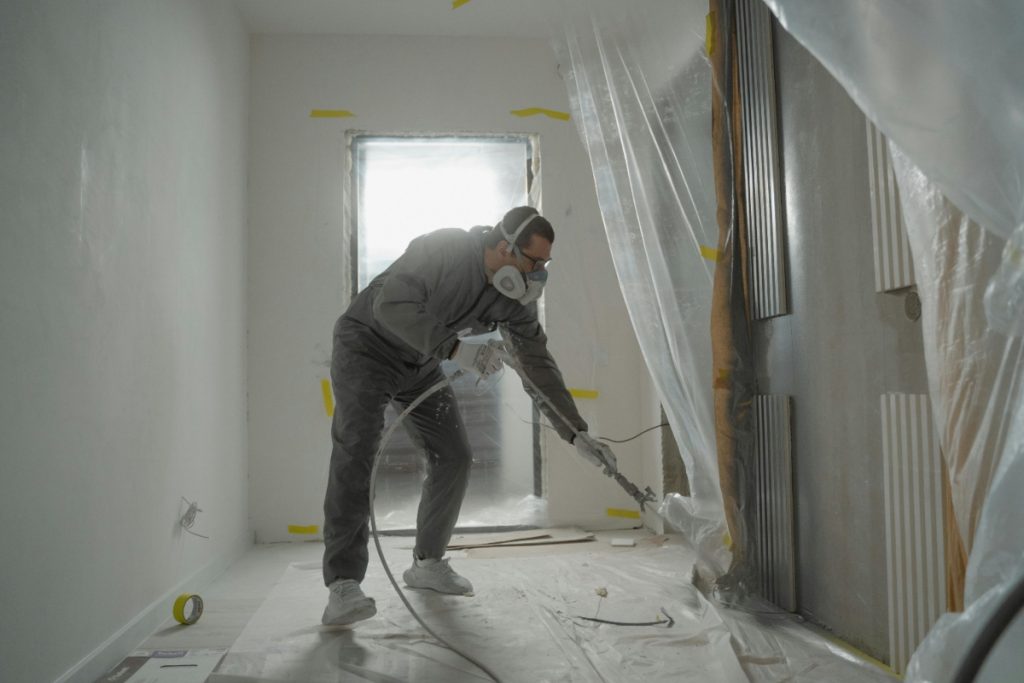In recent years, Colorado has emerged as a leader in sustainability, driven by its commitment to reducing energy consumption and promoting eco-friendly practices. The state’s energy codes play a vital role in shaping the construction and remodeling industry, encouraging homeowners and professionals to adopt energy-efficient designs and technologies.
For remodelers in Denver, adhering to these standards means contributing to a greener, more sustainable future. This blog explores Colorado’s energy codes and the growing trend of green home remodeling.
Understanding Colorado’s Energy Codes
Colorado’s energy codes are a set of regulations designed to ensure buildings meet minimum energy efficiency requirements. These codes align with national standards, such as the International Energy Conservation Code (IECC), while incorporating state-specific provisions to address Colorado’s unique climate and sustainability goals.
Key Features of Colorado’s Energy Codes
- High-Performance Insulation: Homes must include advanced insulation to reduce heat transfer and improve energy efficiency.
- Efficient HVAC Systems: Heating, ventilation, and air conditioning systems must meet high energy-efficiency standards.
- Sealed Ductwork: Proper sealing reduces energy waste and improves indoor air quality.
- Energy-Efficient Windows: Windows must meet performance ratings to minimize heat loss in winter and reduce heat gain in summer.
- Renewable Energy Integration: Colorado’s codes encourage the integration of renewable energy systems, such as solar panels.
Denver, in particular, enforces these energy codes through the Denver Green Code, which focuses on sustainable building practices for residential and commercial projects.
The Rise of Green Home Remodeling
The push for sustainable living has fueled a surge in green home remodeling, with Colorado at the forefront of this movement. Homeowners are increasingly seeking energy-efficient upgrades to reduce their carbon footprint, lower utility bills, and enhance indoor comfort.
What is Green Home Remodeling?

Green home remodeling involves incorporating eco-friendly materials, designs, and technologies to create energy-efficient, environmentally responsible homes. From energy-saving appliances to renewable energy systems, this approach prioritizes sustainability at every stage of a project.
Benefits of Green Home Remodeling in Colorado
Adopting green remodeling practices offers significant advantages for both homeowners and the environment.
1. Reduced Energy Costs
Energy-efficient upgrades, such as high-performance insulation and ENERGY STAR-certified appliances, significantly lower utility bills. For Denver homeowners, these savings are especially valuable given the region’s seasonal temperature fluctuations.
2. Environmental Impact
Green remodeling reduces greenhouse gas emissions by minimizing energy consumption and waste. Incorporating renewable energy systems, such as solar panels, supports Colorado’s Climate Action Plan, which aims to achieve a 50% reduction in carbon emissions by 2030.
3. Enhanced Property Value
Homes with energy-efficient features often command higher resale values. According to the National Association of Realtors, green-certified homes sell faster and for more money compared to traditional properties.
4. Improved Indoor Air Quality
Using low-VOC (volatile organic compound) materials and sealing ductwork during remodeling improves indoor air quality, benefiting occupants’ health.
Green Remodeling Trends in Denver
The Denver market is experiencing a shift toward sustainable remodeling solutions, with several trends standing out:
1. Solar Energy Integration
With over 300 days of sunshine annually, Denver is an ideal location for solar energy systems. According to the Solar Energy Industries Association (SEIA), Colorado ranks in the top 10 states for solar capacity, and installations have grown by 50% since 2018.
2. Smart Home Technologies
Energy-efficient smart thermostats like the Nest Thermostat can reduce heating and cooling costs by up to 10%, according to the DOE. These devices optimize energy use and are becoming a standard feature in green remodels.
3. Water Conservation Features
Denver’s semi-arid climate makes water conservation a priority. Low-flow fixtures, rainwater harvesting systems, and xeriscaping—landscaping that reduces water use—are popular among environmentally conscious homeowners.
4. Net-Zero Homes
Net-zero remodeling focuses on creating homes that produce as much energy as they consume. This approach combines renewable energy systems, advanced insulation, and airtight construction to achieve maximum efficiency.
Compliance and Incentives for Green Remodeling
Local Compliance
Denver remodelers must adhere to the Denver Green Code, which incorporates elements of Colorado’s energy codes. This ensures that projects meet energy efficiency benchmarks while promoting sustainability.
Incentives for Homeowners
Colorado offers several financial incentives to encourage green remodeling, including:
- Federal Tax Credits: Homeowners can claim up to 30% of the cost of solar installations under the Inflation Reduction Act.
- Xcel Energy Rebates: Rebates for energy-efficient upgrades such as smart thermostats, heat pumps, and insulation improvements.
- Colorado RENU Loan Program: Low-interest financing for energy-efficient home improvements.
These incentives make green remodeling more accessible while supporting Colorado’s sustainability goals.
How Remodelers Can Help Homeowners Go Green
Remodelers play a critical role in guiding homeowners through the green remodeling process. By staying informed about energy codes, sustainable practices, and available incentives, remodelers can deliver projects that align with clients’ goals and Colorado’s regulations.

Steps to Incorporate Green Remodeling:
- Energy Assessments: Conduct an energy audit to identify inefficiencies and recommend targeted upgrades.
- Material Selection: Use eco-friendly, sustainable materials, such as recycled wood, bamboo, and low-VOC paints.
- Renewable Energy Systems: Educate homeowners on the benefits of solar panels, wind turbines, and geothermal systems.
- Efficient Design: Focus on designs that maximize natural light, ventilation, and insulation.
By prioritizing sustainability, remodelers not only meet client expectations but also contribute to Colorado’s long-term environmental goals.
Ready to Go Green? Start Your Denver Home Remodel with Us!
Join countless Denver homeowners embracing eco-friendly living with our expert remodeling services. From energy-efficient upgrades to renewable energy integration, Bright Light Renovations has you covered.
Contact us today for a consultation!
